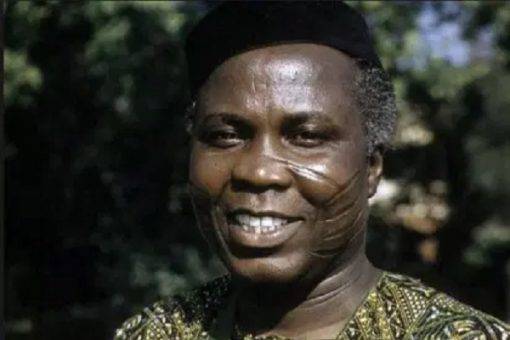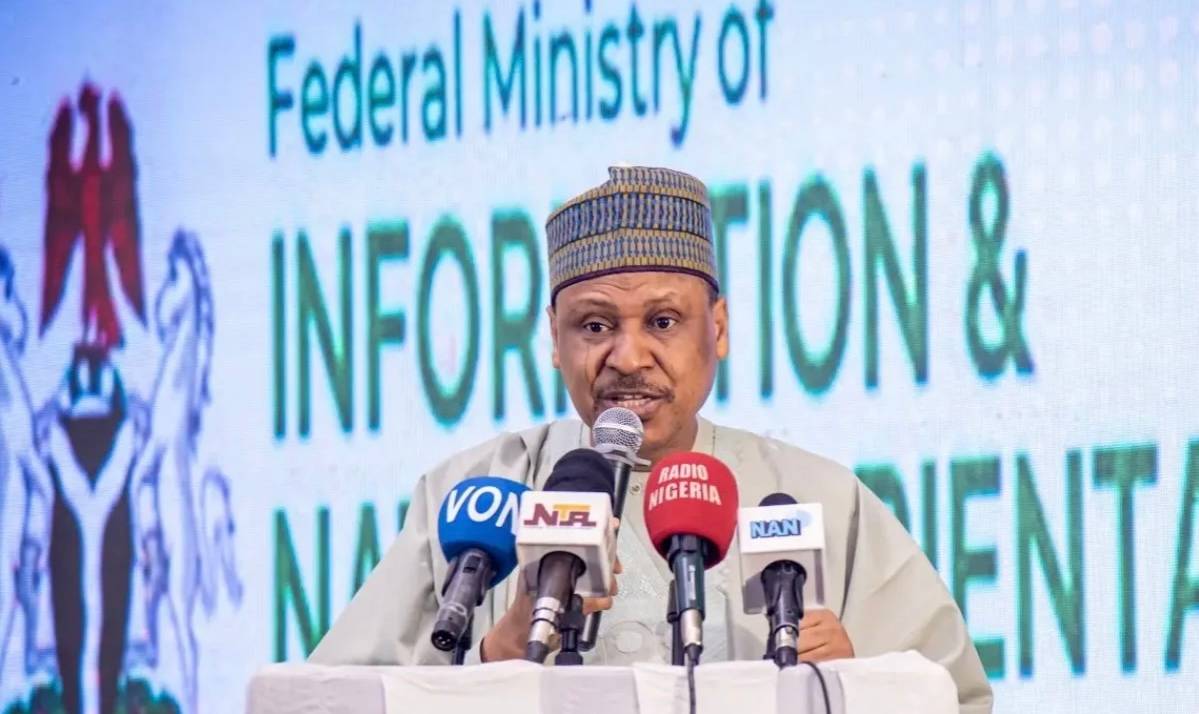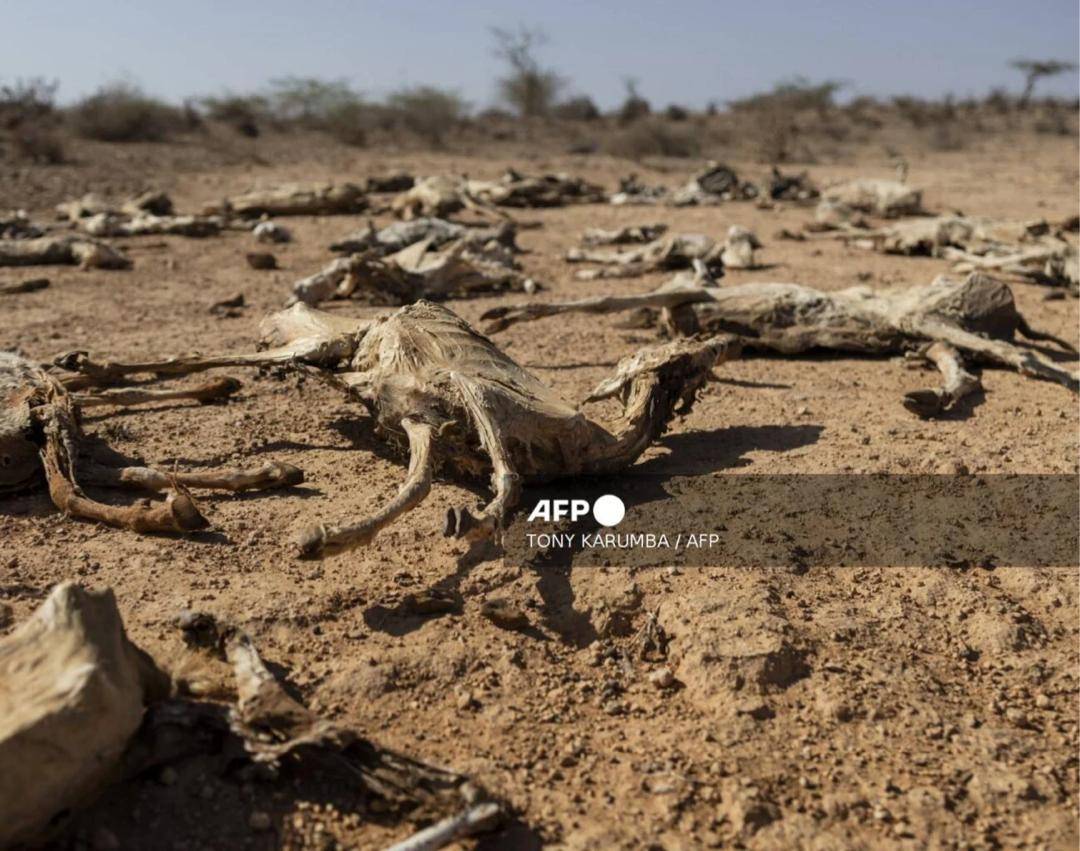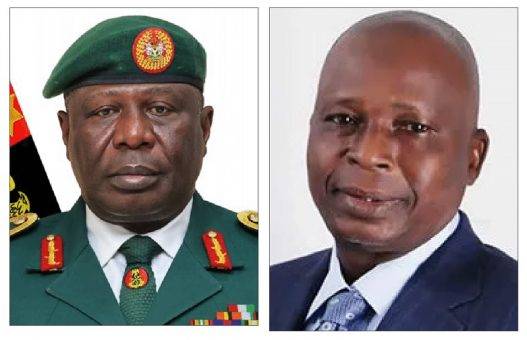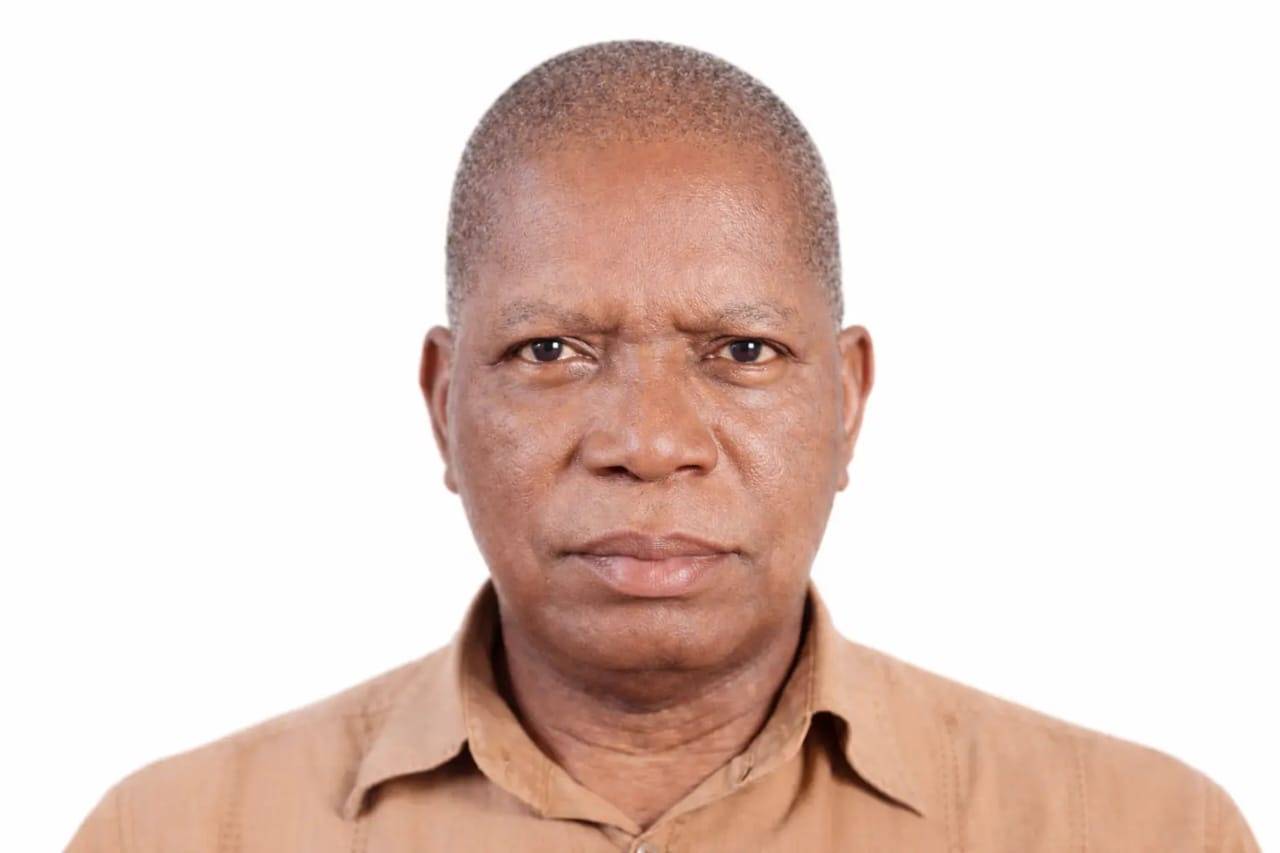By Sanya Oni
Had Festus Keyamo, Minister of Aviation and Aerospace Development not been overtly consumed by his planned January trip to Dublin to meet his so-called major airline financiers supposedly to bail out his ailing aviation sector, he would most probably have sufficient time to pore the issues without his rather uncharitable, but quite frankly, characteristic exuberance of dubbing another agency of the same government as ‘careless’ on prime time television.
“It was a very careless statement by the agency, making such a pronouncement without consulting the NCAA,” he said of the tiff over which the Federal Competition and Consumer Protection Commission, FCCPC, and the local airline, Air Peace had, days before, been locked in combat.
“The NCAA is responsible for regulating airlines and ensuring compliance with pricing structures. The FCCPC should have allowed us to provide the facts before issuing public statements”, he reportedly told Arise News with a tone of finality.
Clearly, if for the most part of the interview, the minister chose to be oblivious of the fact that an agency like the FCCPC actually exists, what came out rather alarmingly is that a steward of state sworn to the performance of public duty would choose to play the mouthpiece of a private organisation that was supposed to be under investigation. Citing what he called the overriding challenges faced by Nigerian airlines, including Air Peace, which in his view, stem from capacity limitations and foreign exchange volatility, he made no pretences about which side his ministry’s interest lay in the context of the raging controversies over anti-competitive behaviours of that particular dominant airline operator.
Nigerians already know how things came to be. Earlier in the month, FCCPC issued a public notice conveying its intentions to launch an inquiry into widespread consumer complaints against leading players in the banking, telecommunications and aviation sectors. The inquiry, it said, were intended to address issues of poor service delivery, exploitative practices and potential consumer rights violations. Specifically named were three entities –Guaranty Trust Bank (GTB) for network failures hindering customers from accessing their funds or using their banking applications; the telecommunications giant, MTN, for persistent complaints about undelivered data services, unexplained depletion and inadequate customer care; and finally, Air Peace, for alleged exploitative ticket pricing, including significant price hikes for advance bookings on certain domestic routes. To leave no one in doubt as to the source of its powers, the notice cited the FCCPC Act 2018, particularly Sections 17, 18, 32, 33, 80,110,111, 112 and 113, which it says, empowers it to investigate and resolve practices that undermine consumer rights, disrupt markets or create unfair competition.
Of the three, Air Peace thought little of the inquiry. In fact, the conduct of the airline in the aftermath of the interaction with the FCCPC – and this is typical of the airline – would somehow betray the antics of an entity that somehow considers itself as being beyond regulation. For a supposed business – a serious one at that, it has been tantrums all the way! From claiming to have reported the allegation of exploitative fares by the FCCPC to the Presidency, to an alleged loss of a summer slot in another country to the damage occasioned by FCCPC allegation, to the ludicrous claim that it should actually be charging N500,000 to N700,000 for a one hour flight (coincidentally, this happened in the same week that another airline actually pegged a one-hour flight fare at N80,000), the airline, quite characteristically, has chosen to fall short of addressing the issues at the heart of its tango with the FCCPC!
The tragedy here is that the minister, rather than direct his agency, the NCAA to undertake its separate investigations, merely picked up the gauntlet, not on behalf of the public at whose behest he purports to serve, but in defence of the interests of the operator.
Yes, if Minister Keyamo saw any substance in those complaints that have long become commonplace, he was neither prepared to acknowledge them let alone finding merits in them. Like the proverbial dog in a manger, he would rather have the foremost consumer protection body, FCCPC do nothing – while his beloved NCAA luxuriates in its Rip Van Winkle sleep!
So much for the jurisdictional and operational issues raised by the minister as highlighted in the interview, it must be surely amusing that the minister actually believes that the airlines problems, which he appears all too eager to inundate the public with, actually vitiate the right of the consumer to seek redress with the FCCPC or any other agency for that matter, within the ambits of the law.
But even worse is the false assumption, again by the minister, that the NCAA’s statutes somehow convey on it the exclusive jurisdiction on matters bordering on consumer rights and protection in the aviation sector. Even in the United States where the Department of Transportation is often assumed to possess exclusive jurisdiction on such matters, we have seen how, not too long ago, a bipartisan group of 36 state attorneys general actually took an unprecedented bold move to ensure that the country’s Federal Trade Commission (FTC) is granted new powers to investigate airline passengers’ complaints – and this against a 1958 law, under which passenger airlines are exempt from FTC oversight and most state investigations for consumer complaints.
Said the attorneys general: “Americans are justifiably frustrated that federal government agencies charged with overseeing airline consumer protection are unable or unwilling to hold the airline industry accountable and to swiftly investigate complaints”.
Familiar?
The development, if it must count for anything, is obviously a measure of how the world has changed; an attestation to the primacy of consumer interest in the emerging global aviation eco-system. Applied strictly to the Nigerian situation, it shouldn’t be hard to locate the source of a number of the problems plaguing the aviation in the unwillingness and failure of the players and the regulators to adapt to change and to global best practices. For while it would ordinarily be bad enough that an airline operator would threaten to shut down operations upon being called upon to answer to consumer complaints, (under the patently vainglorious assumption that an entire country should be perpetually indebted to him), what could be worse than the sector’s minister going to a television house to put down an agency of the same federal government? Only in Minister Keyamo’s book!
It’s been nearly six months since Keyamo’s Federal Aviation Authority of Nigeria (FAAN) mounted its toll at the new Lagos international airport terminal requiring each passing motorists to pay N2,000 in cash only! A less distracted minister would obviously have recognised the arrangement for what it is – an infrastructure in service of Corruption Incorporated. Would that also require a trip to Spain to dismantle?
Culled from The Nation




